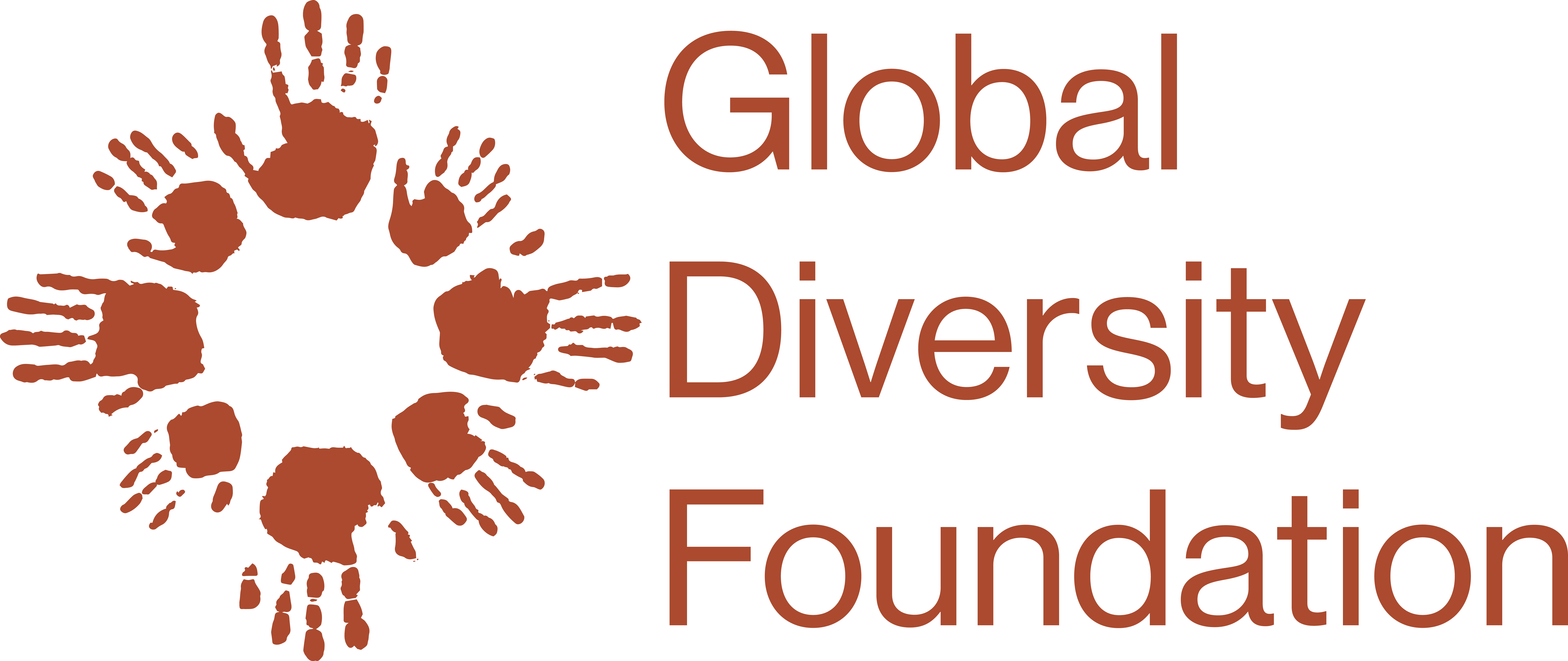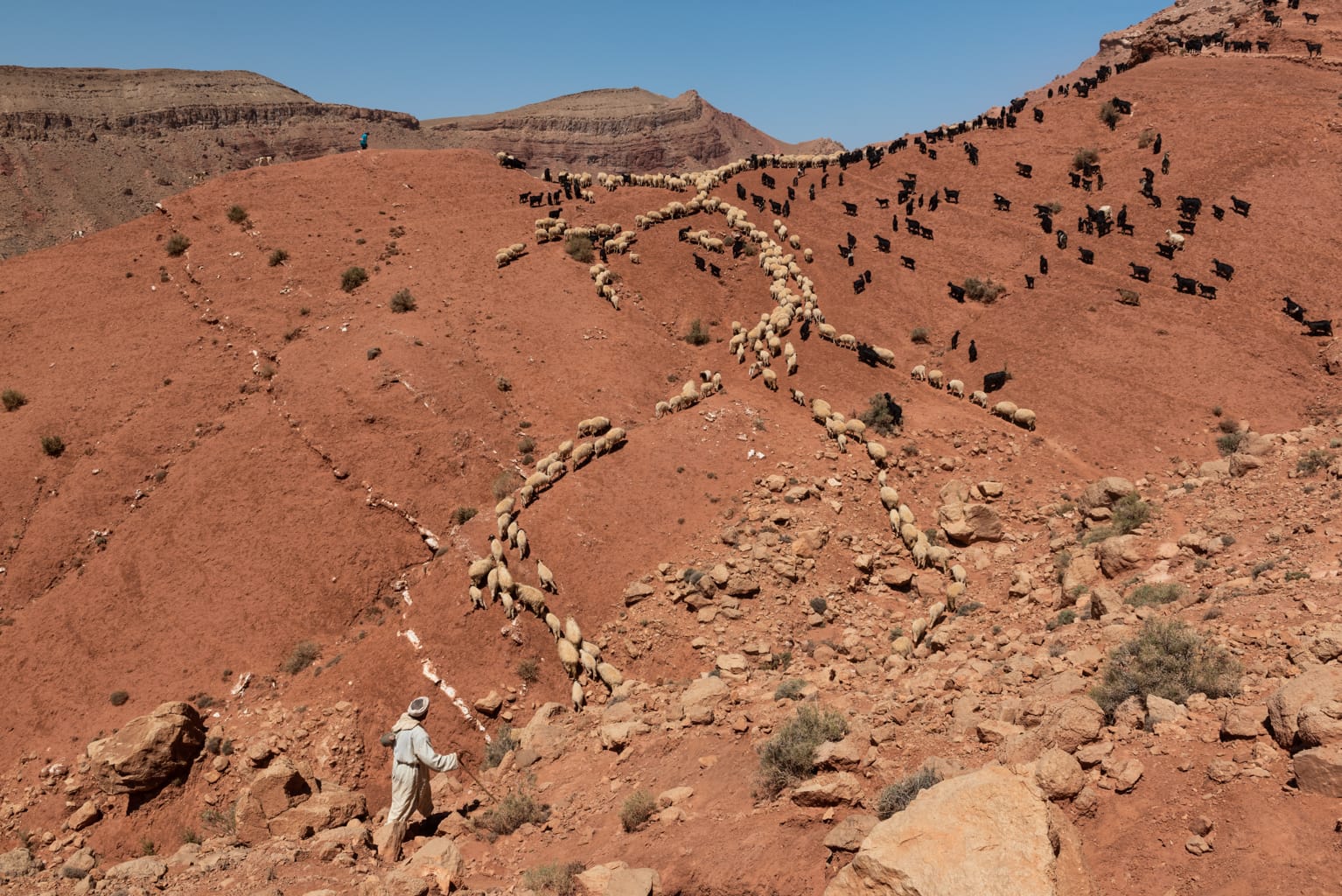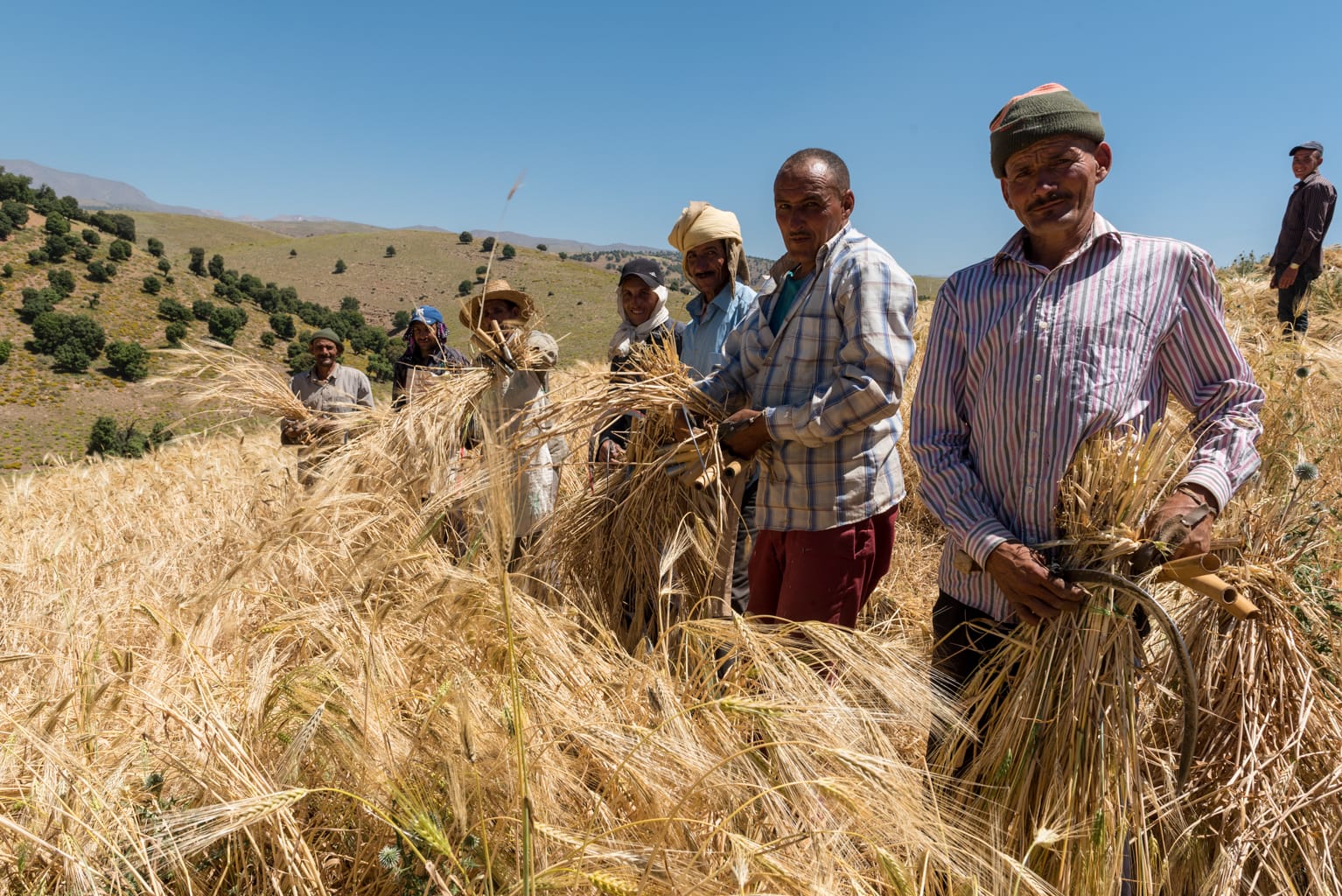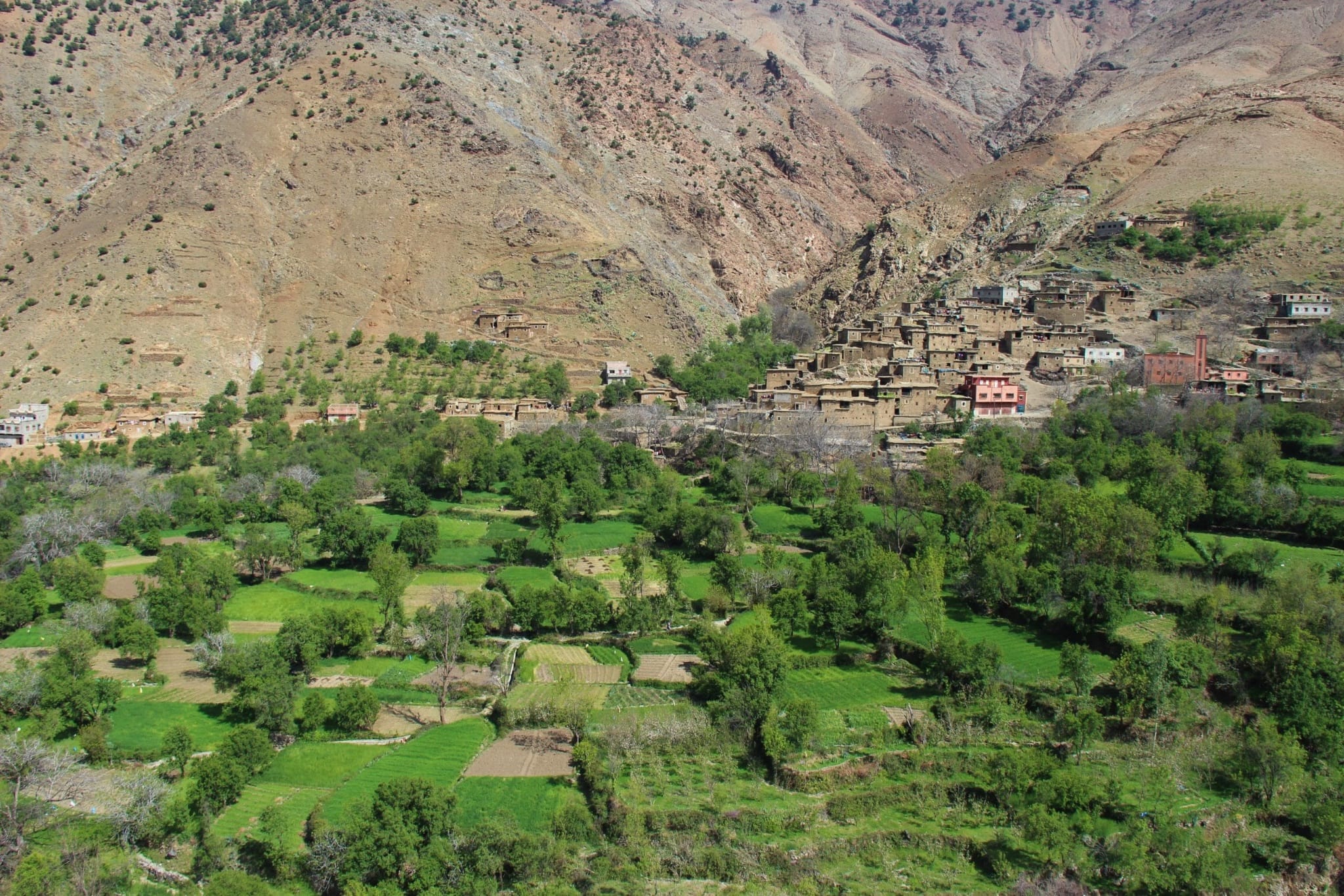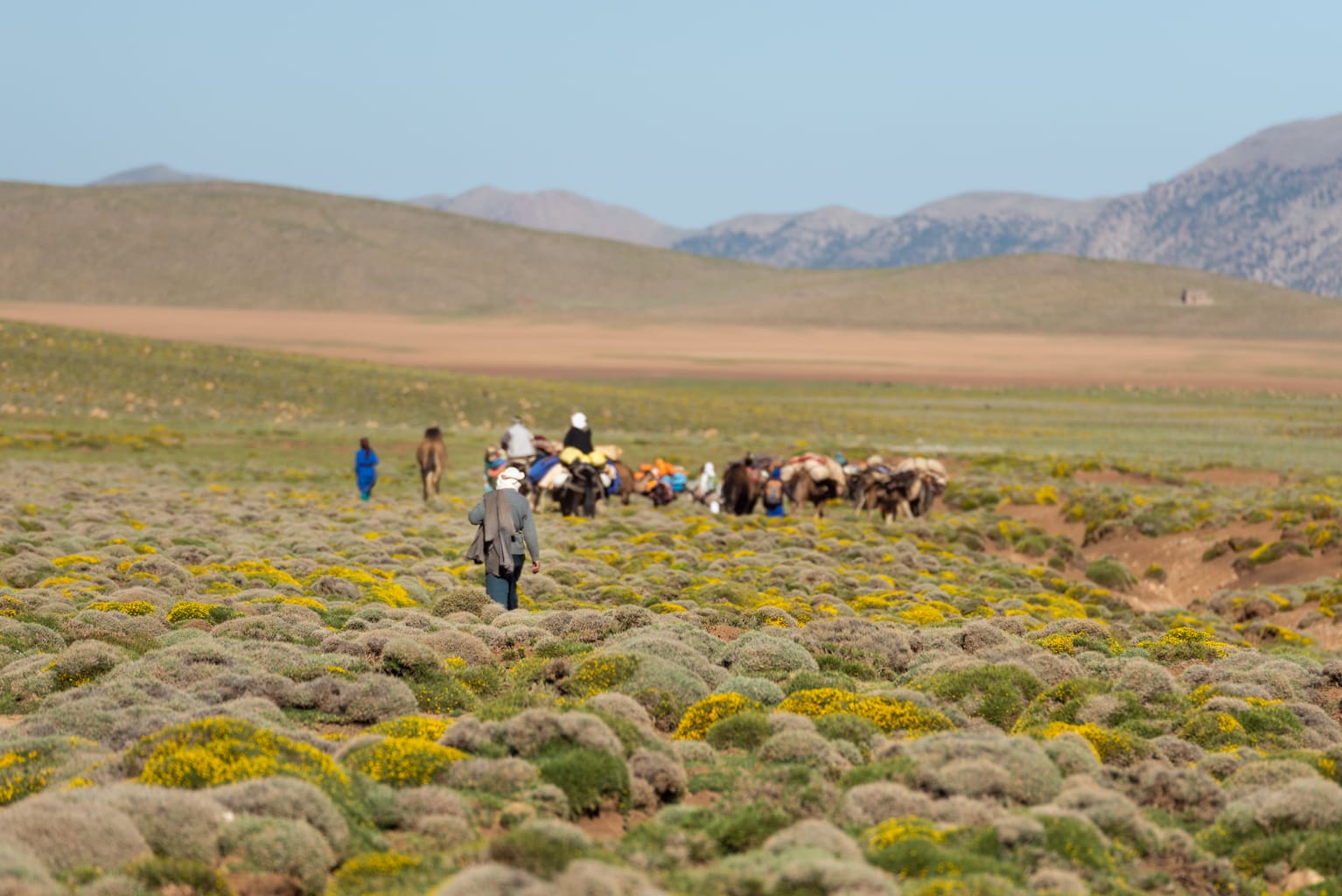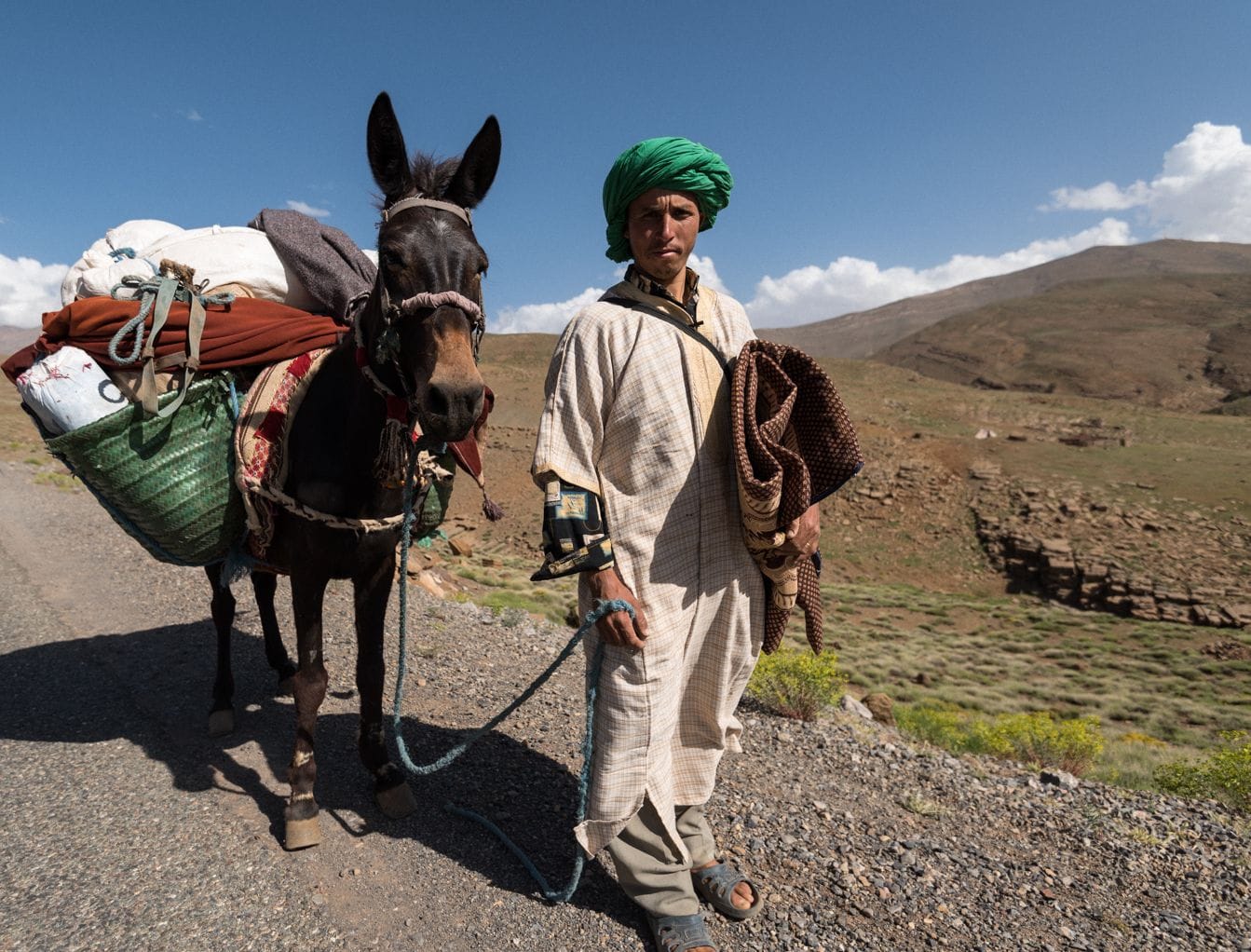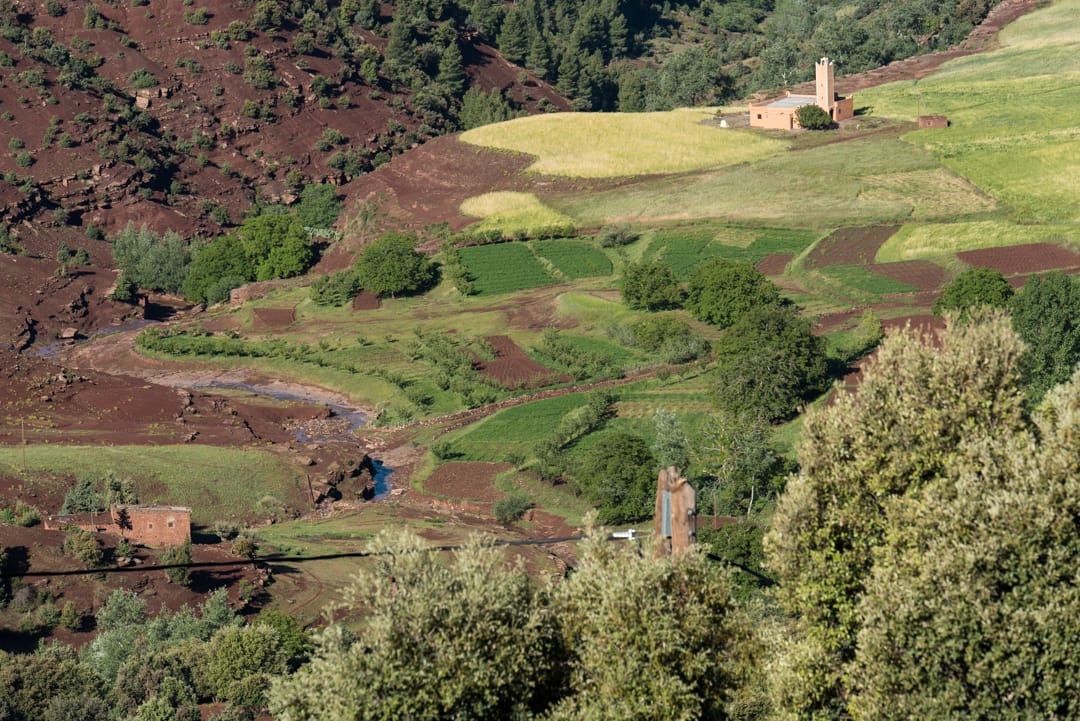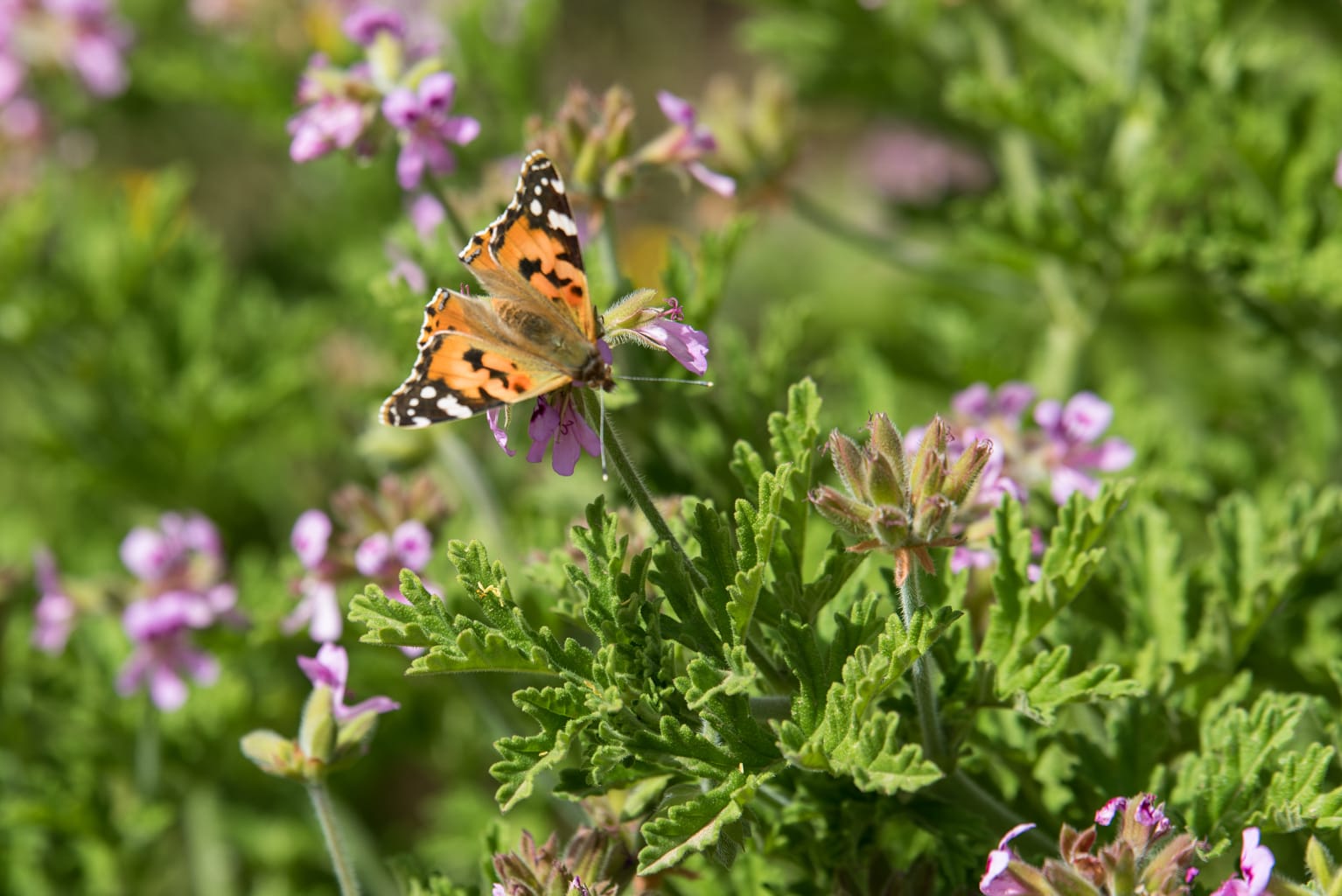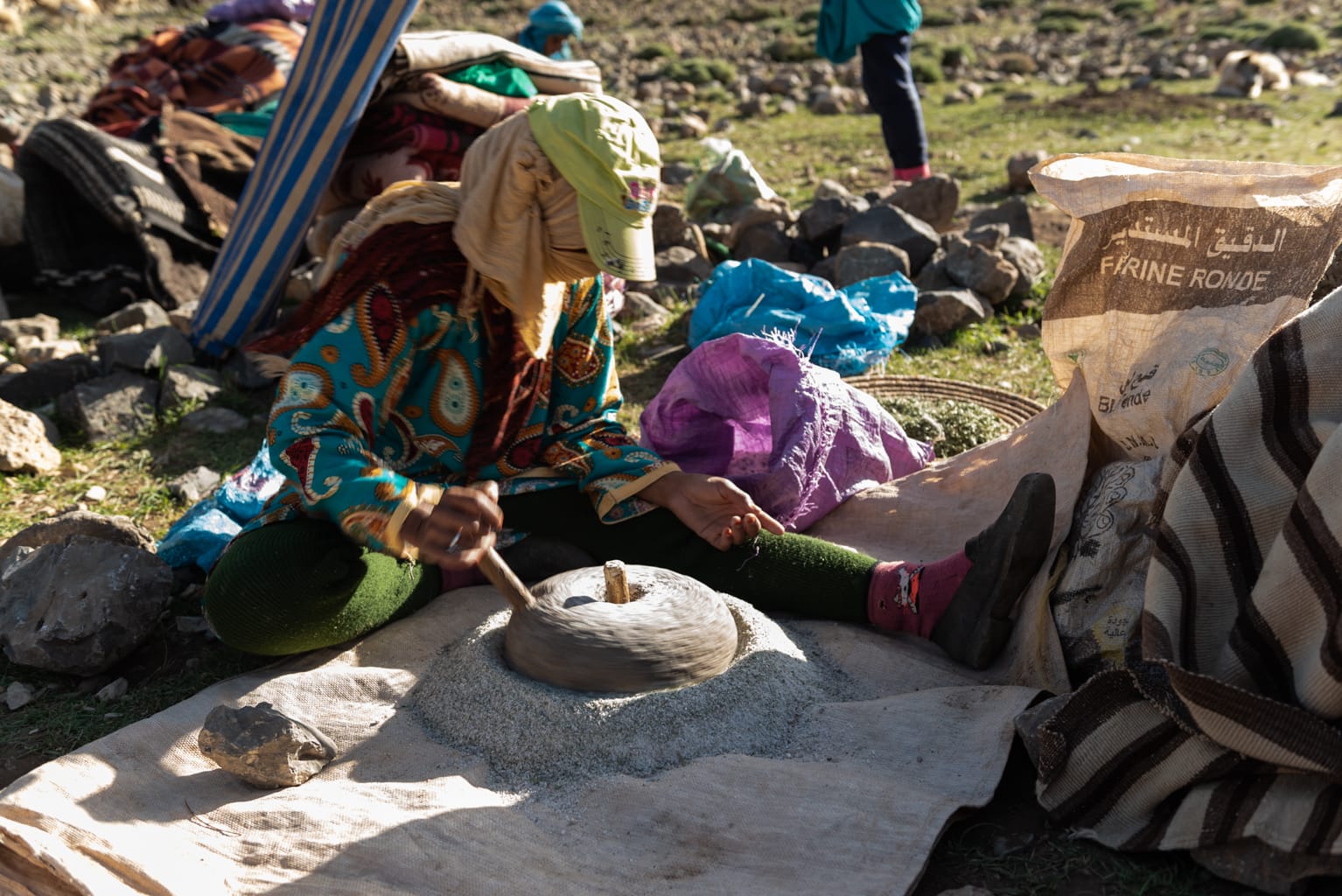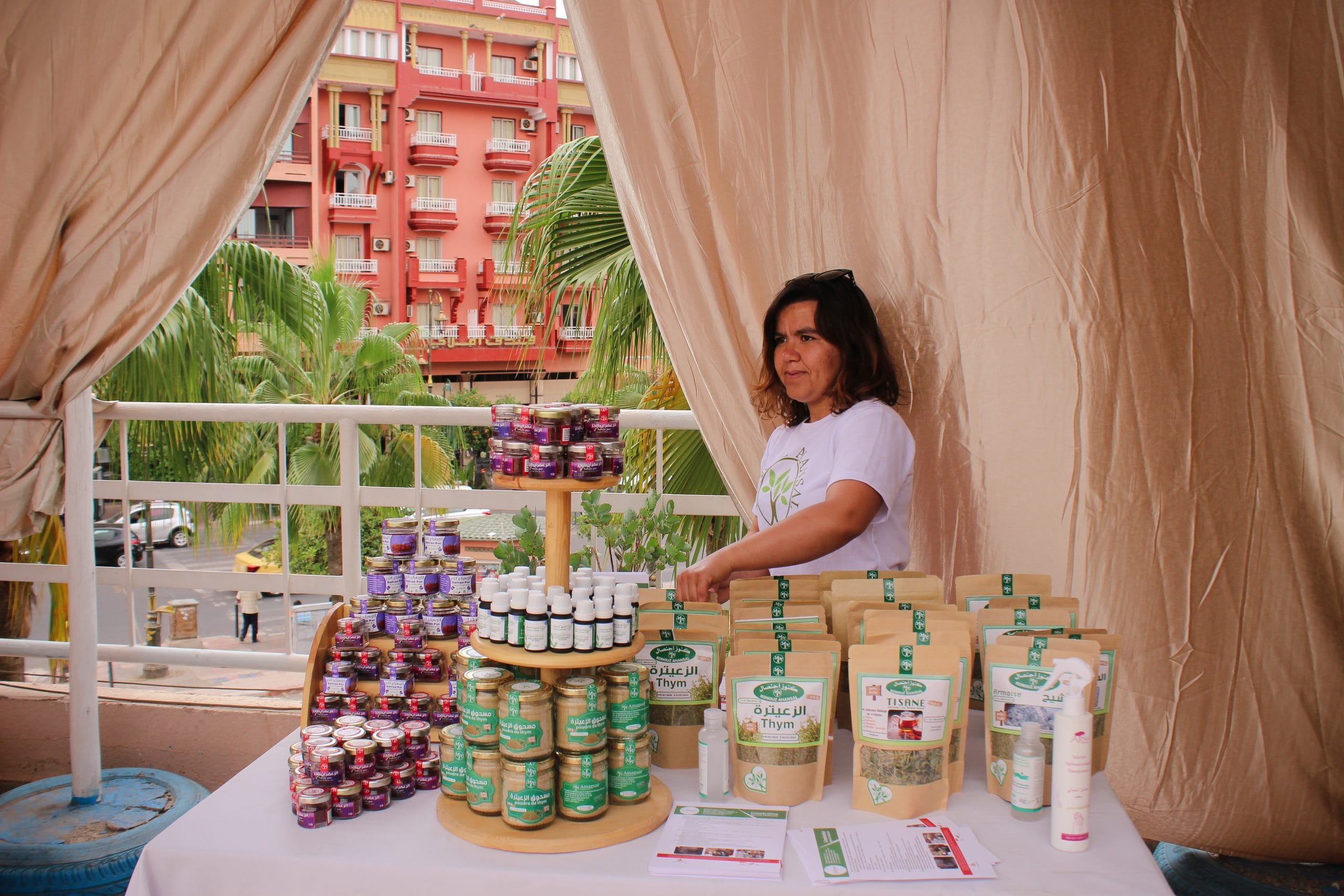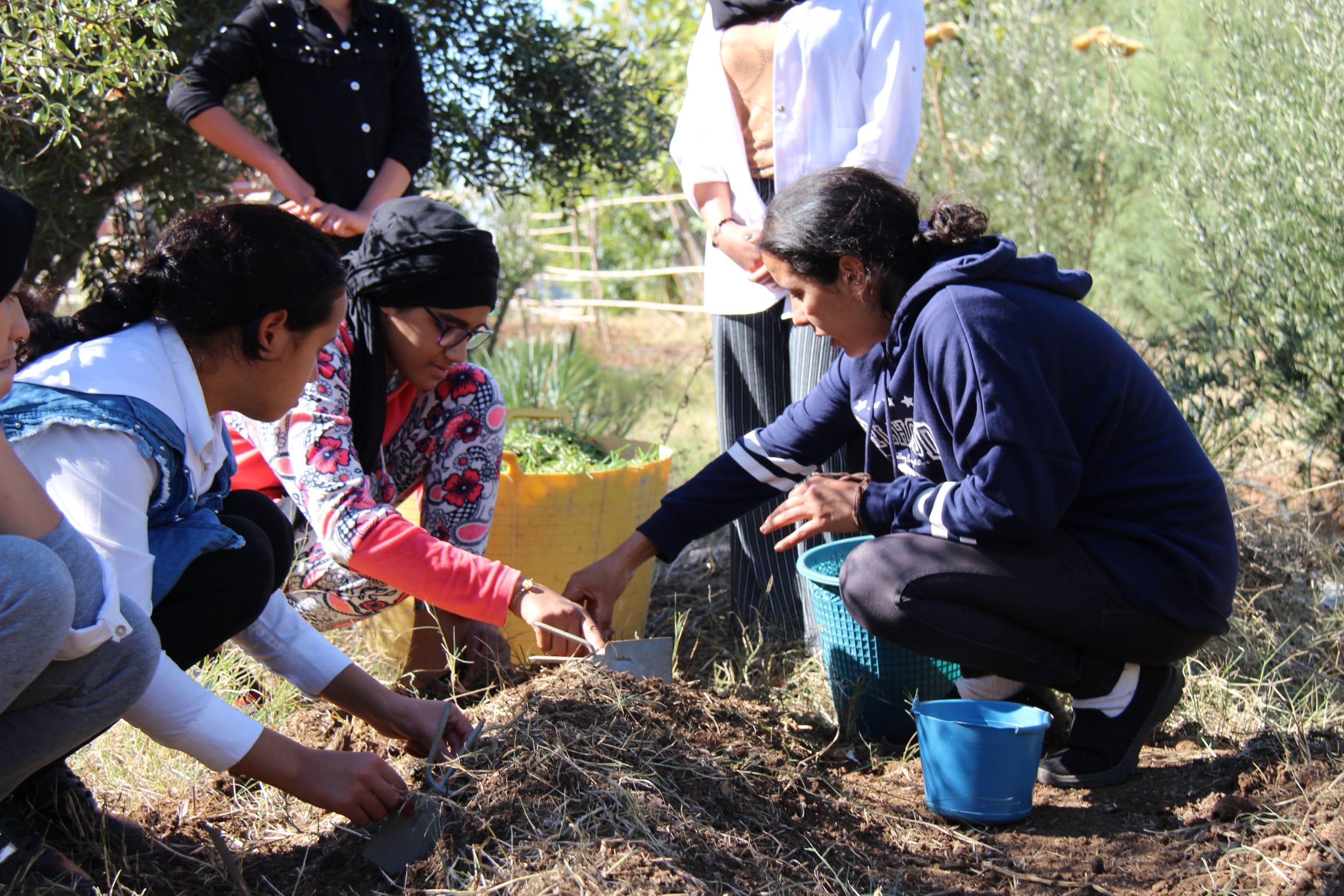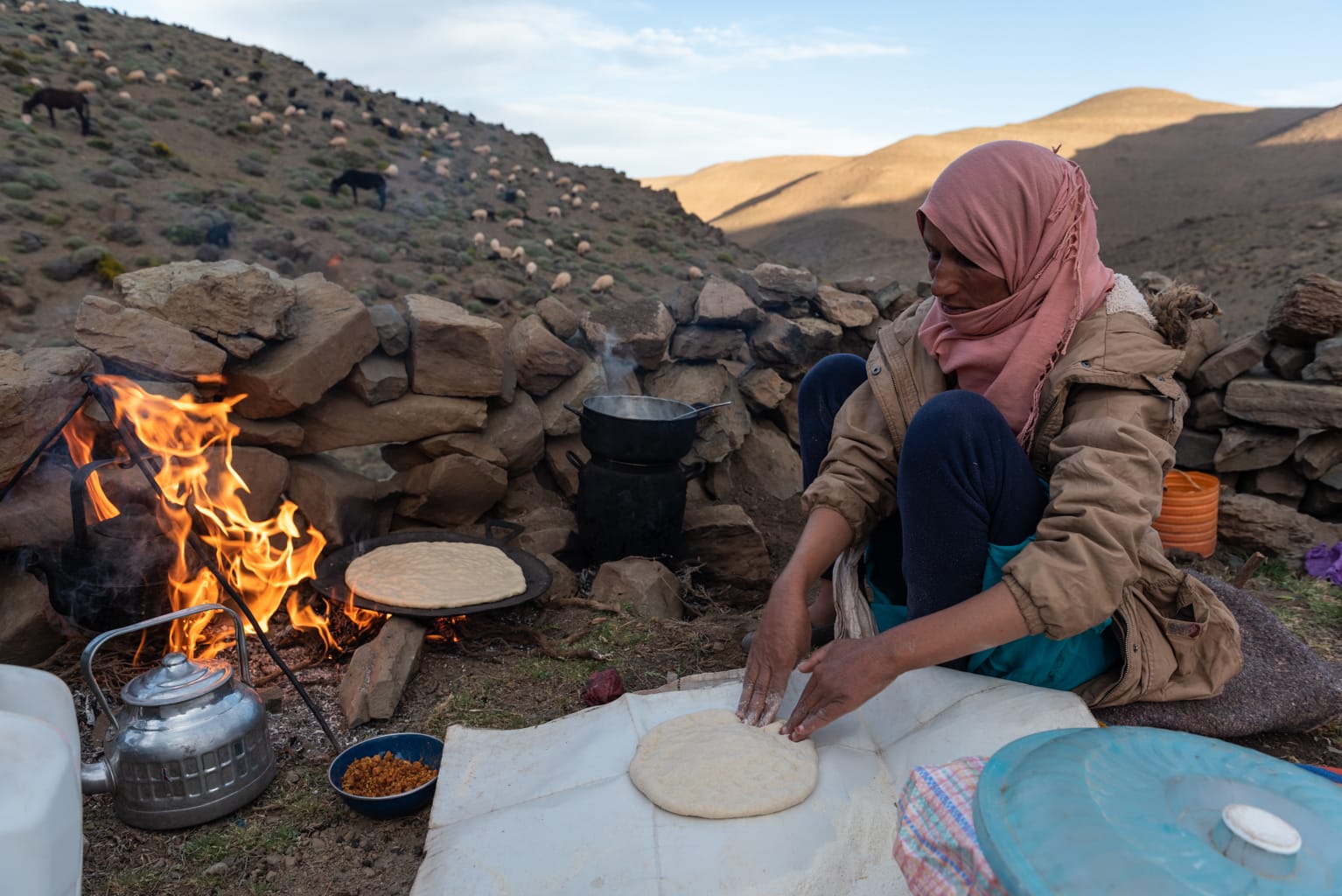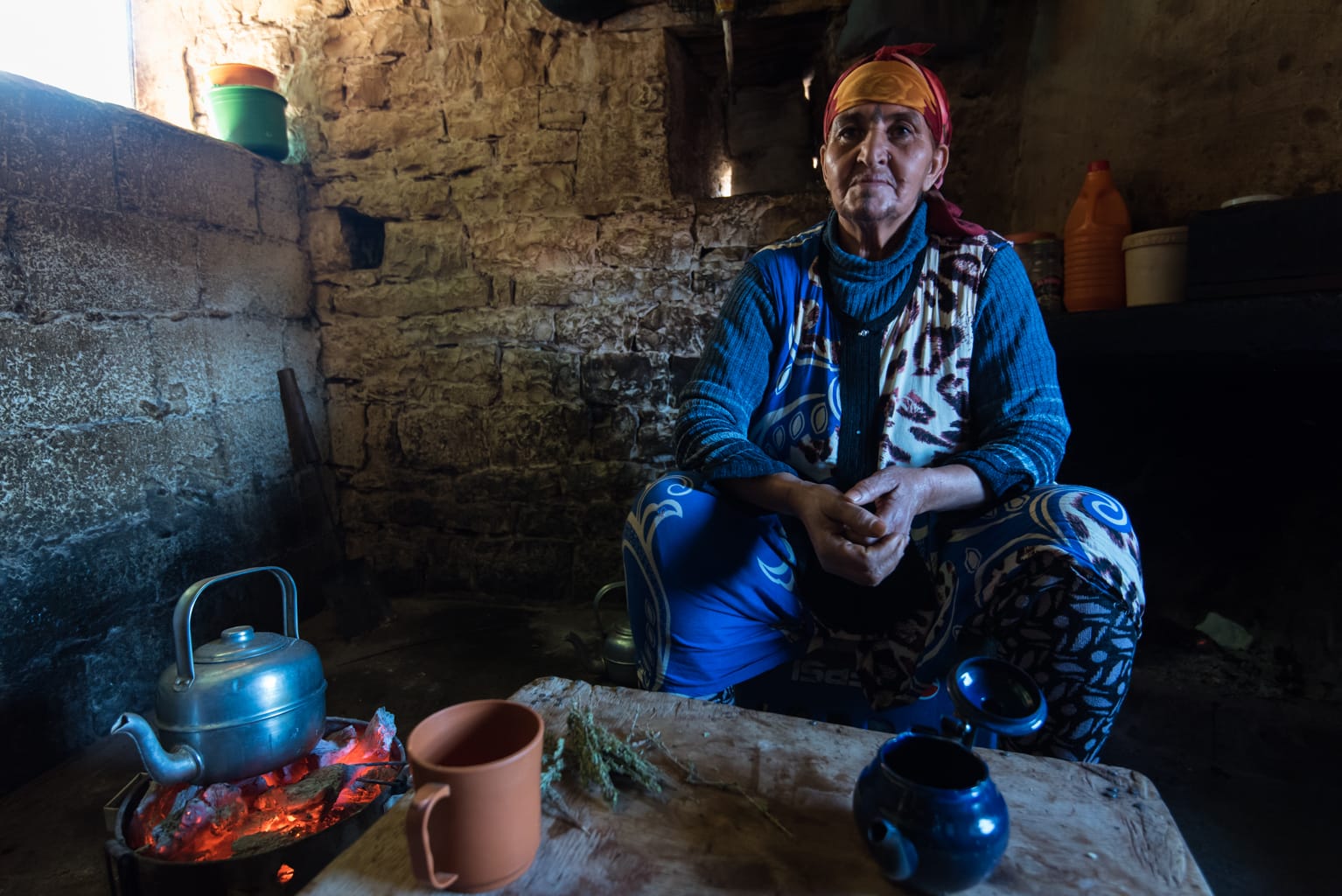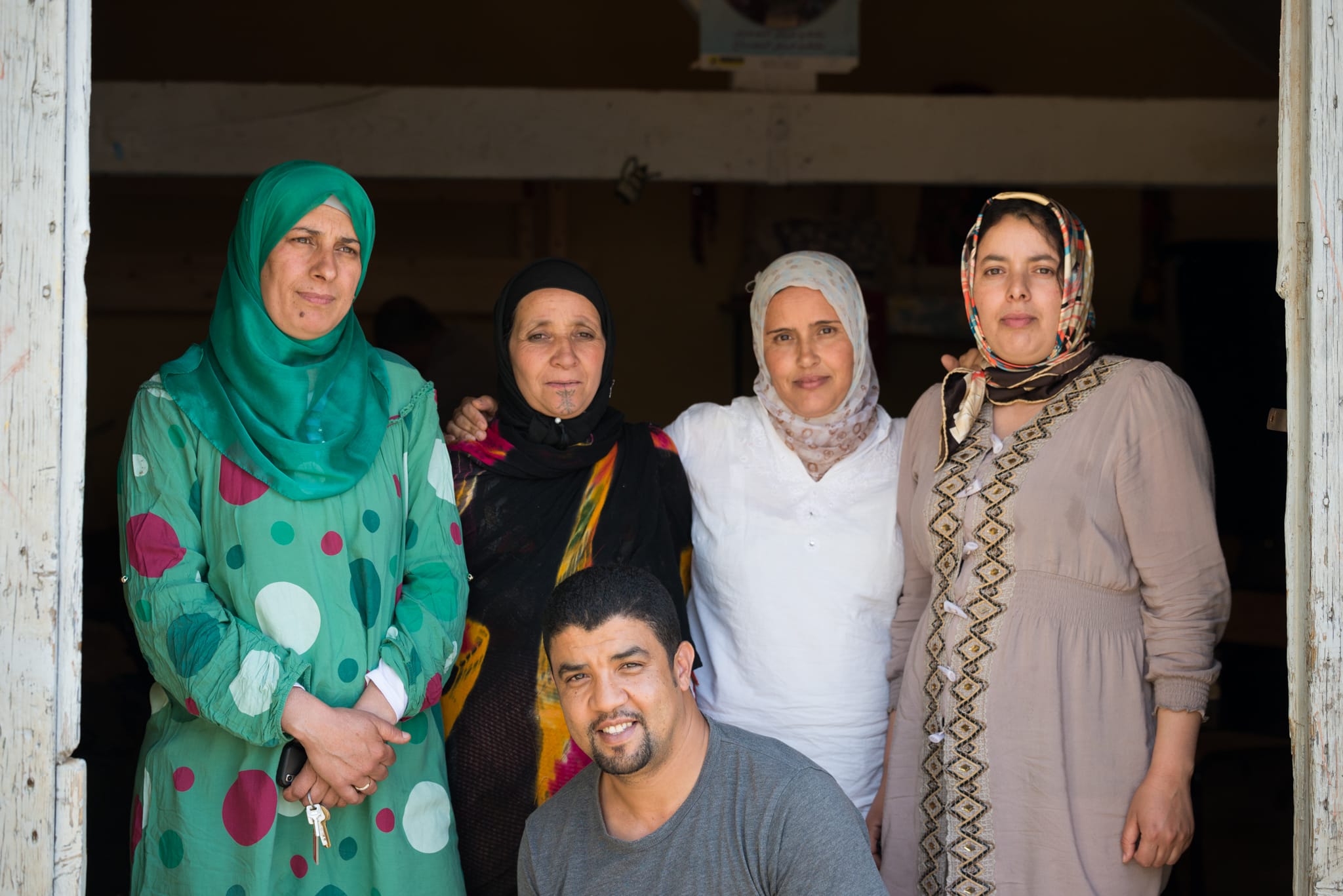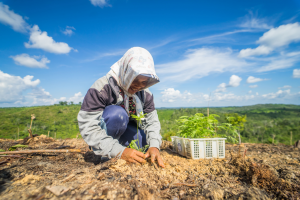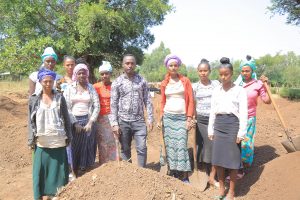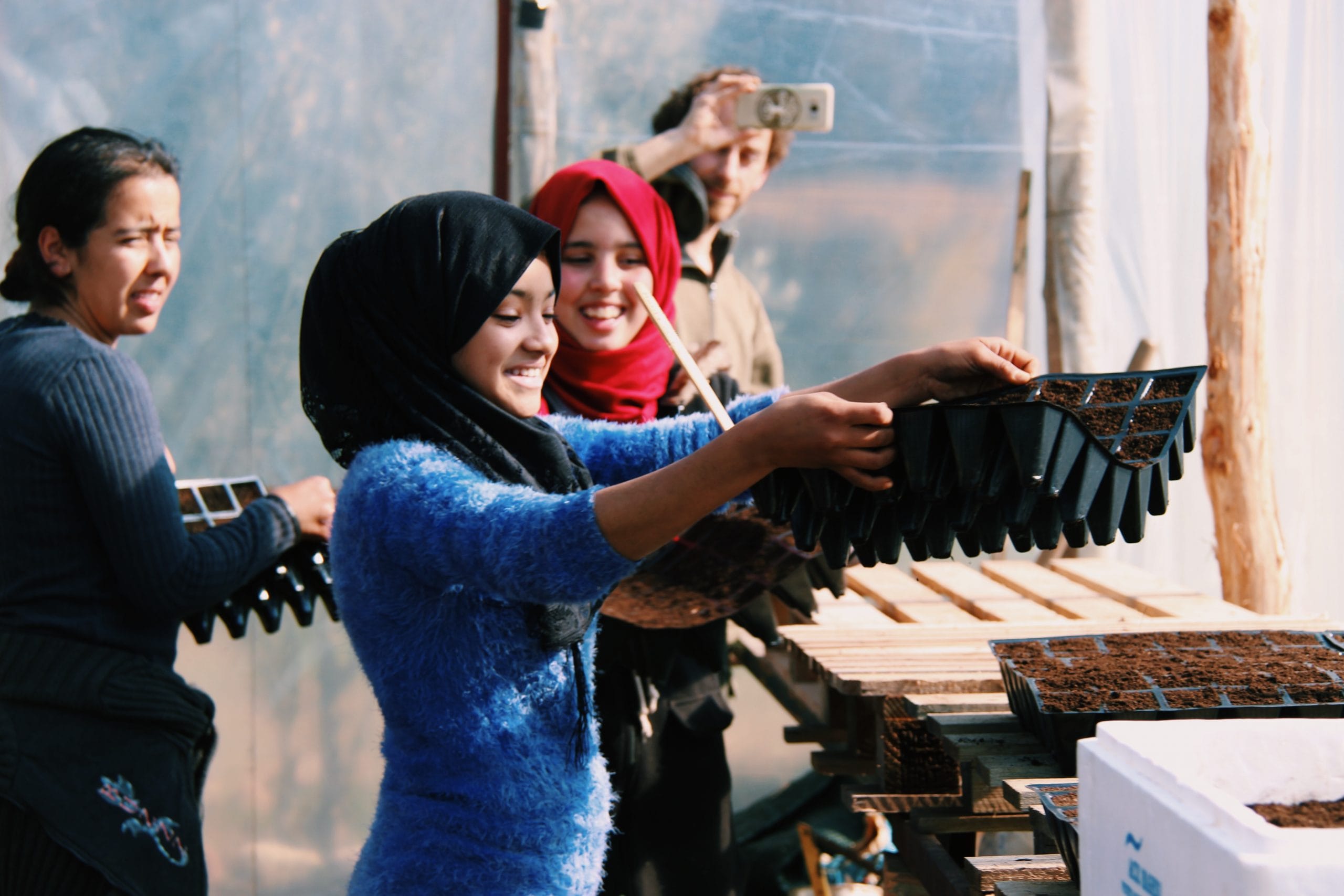
Local innovations revive traditional ways of life in the High Atlas
Background
For thousands of years, Amazigh communities of the High Atlas mountains have cultivated the surrounding land, shaping it into a unique cultural landscape through their farming practices and customs. Traditional practices such as wild harvesting of plant resources, cultivation in terraced agroecosystems and the Agdal system of transhumant grazing mould this specific cultural landscape which, at the same time, contributes to biodiversity conservation and provides livelihoods for thousands of households.
The primary threat to maintaining this cultural landscape and its diverse production systems is rural exodus coupled with interrelated threats of climate change and biodiversity loss. With limited opportunities for acquiring business skills or gaining meaningful employment, women and youth in particular are migrating to urban areas. This leads to the abandonment of land and traditional practices, resulting in degradation of the regional cultural landscape and the biodiversity it harbors. The critical need at this juncture is to provide ways for High Atlas community members to develop revenue streams and other livelihood benefits that are compatible with managing their cultural landscape for both conservation and production ends.
Women-led cooperatives develop and market innovative products
Recent changes in Moroccan national law have enabled women in particular to create socio-economic associations in rural areas that spearhead remunerative productive activities linked to the regeneration of cultural landscapes. Currently, a diverse range of cooperatives that produce aromatic herbs, cheese, couscous, crafts, edible oils, natural cosmetics, nuts and many other goods in environmentally sustainable ways dot the High Atlas landscape.
Based on this, our project partners support the cooperatives in developing innovative products and services with added value, in implementing regenerative practices and in acquiring sound entrepreneurial skills. In addition, the cooperatives receive training in digital marketing and are supported in the certification and distribution of their products through the establishment of their own “High Atlas Harvest” label.
“Aswik” is one of the cooperatives participating in the program. A producer of High Atlas walnuts, the cooperative is marketing a variety of products including in-the-shell nuts, walnut halves and oil. Walnut pieces, a by-product of processing, are not optimally used or valued. Aswik is experimenting with the production and marketing of energy bars made from these pieces.
Taghia Cooperative is planning to create an ecotourism project for consumers who want to
explore the beautiful community and environment of Zaouiat Ahansal, learn about saffron,
spend the day planting saffron bulbs and witnessing its processing and packaging. The visitors can taste local products from the cooperative and the region, including saffron tea.
The partnership with the knodel foundation enables to scale-up the program to 200 cooperatives between Imilchil and Agadir, an area of 30000 km². Through sustainable production and innovative marketing of products and services, fair incomes are generated for up to 5000 households and the cultural landscape of the High Atlas with its vast biodiversity is preserved.
